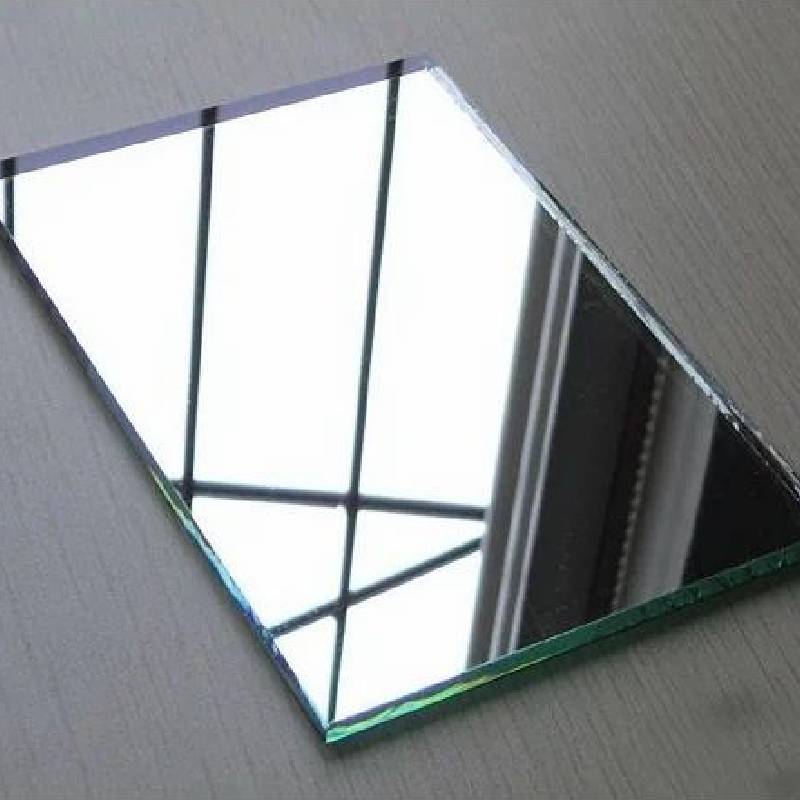

The Importance and Benefits of Tempered Insulated Glass Units
In modern architecture and design, the materials used for windows and glass facades can significantly influence a building's aesthetics, energy efficiency, and safety. Among these materials, tempered insulated glass units (TIGUs) are increasingly becoming the preferred choice for both residential and commercial constructions. This article will delve into the features, advantages, and applications of tempered insulated glass units.
What is Tempered Insulated Glass?
Tempered insulated glass units are composed of two or more glass panes separated by a space that is filled with inert gas, typically argon or krypton, to improve thermal insulation. The individual glass panes are tempered, or heat-treated, to enhance their strength and durability. This tempering process involves heating the glass to high temperatures and then rapidly cooling it, resulting in a product that is significantly stronger than standard float glass and can withstand greater thermal stress.
Benefits of Tempered Insulated Glass Units
1. Enhanced Safety One of the most significant advantages of tempered glass is its safety feature. When broken, tempered glass shatters into small, blunt pieces rather than sharp shards, reducing the risk of injury to occupants. This safety feature makes it ideal for high-rise buildings, schools, and any public spaces where safety is a priority.
2. Energy Efficiency TIGUs are designed to minimize heat transfer between the interior and exterior of a building. The inert gas between the glass panes acts as an excellent insulator, significantly reducing heat loss in winter and heat gain in summer. This efficiency translates into lower energy bills, as buildings require less heating and cooling. Moreover, the use of low-emissivity (Low-E) coatings can further enhance the insulating properties by reflecting heat back into the room while allowing natural light to penetrate.
3. Noise Reduction The combination of multiple glass layers and an insulating gas barrier effectively reduces noise pollution from outside. This feature is particularly beneficial for buildings situated in busy urban areas, as it helps create a quieter and more comfortable environment for occupants.

4. UV Protection Tempered insulated glass units can also provide a barrier against ultraviolet (UV) radiation, which can damage furniture, flooring, and artwork over time. By filtering out significant amounts of UV rays, TIGUs help in preserving the integrity and appearance of interior spaces.
5. Design Flexibility With advancements in glass technology, tempered insulated glass units can be manufactured in a variety of shapes, sizes, and finishes. This flexibility allows designers and architects to explore creative solutions while maintaining functionality and energy efficiency. Whether you seek large panoramic windows or intricately designed glass facades, TIGUs can meet diverse design requirements.
6. Durability Tempered glass is known for its strength and resistance to thermal stress. Unlike standard glass, it can tolerate temperature fluctuations without cracking. This durability extends the lifespan of windows and facades, providing long-term value to property owners.
Applications of Tempered Insulated Glass Units
The applications of tempered insulated glass units are vast and varied. They are commonly used in
- Residential Homes Many homeowners opt for TIGUs in windows, patio doors, and skylights to take advantage of their energy efficiency and safety features. - Commercial Buildings Office buildings, shopping centers, and hotels frequently utilize TIGUs for their aesthetic appeal and ability to create comfortable interiors with lower energy costs. - Curtain Walls TIGUs are a popular choice for curtain wall systems in high-rise buildings due to their strength, lightweight nature, and exceptional thermal performance.
Conclusion
Tempered insulated glass units represent a significant advancement in building materials, merging safety, energy efficiency, and aesthetic appeal. As architectural trends continue to evolve towards more sustainable and visually pleasing designs, the demand for TIGUs will likely grow. Their ability to adapt to various applications in both residential and commercial contexts makes them a smart choice for modern construction. Whether renovating an existing space or planning a new project, incorporating tempered insulated glass can yield significant benefits, ensuring both comfort and safety for years to come.